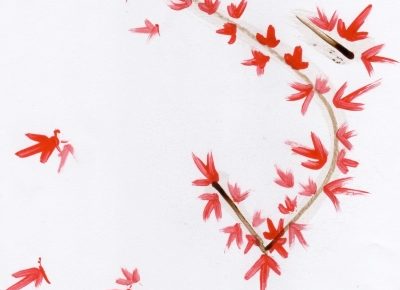Taimyo in these Times

by Stephen Billias
The coronavirus has been a terrible crisis for our times. It has affected my family directly. My first cousin Stephen Antonakos, a New York City musician who went by Homeboy Steve, passed away from it about a month ago. A sweet, funny, talented, energetic guy, he was at all the family gatherings. He will be missed. Here’s a link to his website, which hasn’t been updated since his death:
http://www.homeboysteve.com/homeboysteve.com/Home.html
Thousands are dying. Millions are out of work. The country and the world face an uncertain future. It’s possible that a full economic Depression lies ahead, with more homelessness and hunger than ever before, and perhaps even civil unrest.
And yet, some good has come out of this time also. People are seeking connectedness in their isolation. The world’s air and water have cleared up somewhat due to reduced industrial output of polluting chemicals. There has been less crime, and more kindness between strangers. Can we find a way to continue and extend these positive results when and if the virus recedes? I hope so.
The poem below is not a haiku. Though it follows the traditional three-line, 5-7-5 syllable format, it lacks a kigo (“season word”) that is a standard element of Japanese haiku, such as a reference to cherry blossoms in spring or leaves turning in fall.
It’s not a haiku. It’s a distillation of what I’ve been feeling as I do Taimyo kata almost daily to French General Instructor Pierre Quettier’s Shintaido radio channel gorei. Each evening at 5:00 p.m. Eastern time I join a group that varies in size, and we do Taimyo together at the same time. In some ways this daily practice is an outgrowth of Master Instructor Ito sensei’s Taimyo network. It aspires to the same idea of people doing the kata simultaneously all over the world, to heal the world. For me, it has had a strong calming and centering effect. As Pierre says very poetically in his gorei: “Stand your ground between Heaven and Earth.”
Here’s what I wrote last night after finishing Taimyo kata:
Oneness, nothingness
Ki-ichi-i, muso-i
Full or empty. Same.


